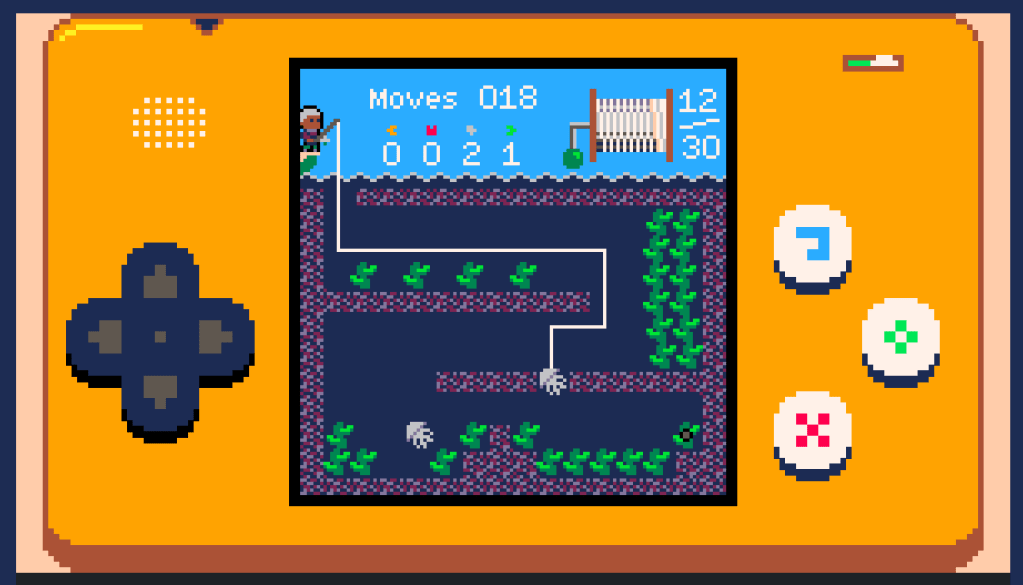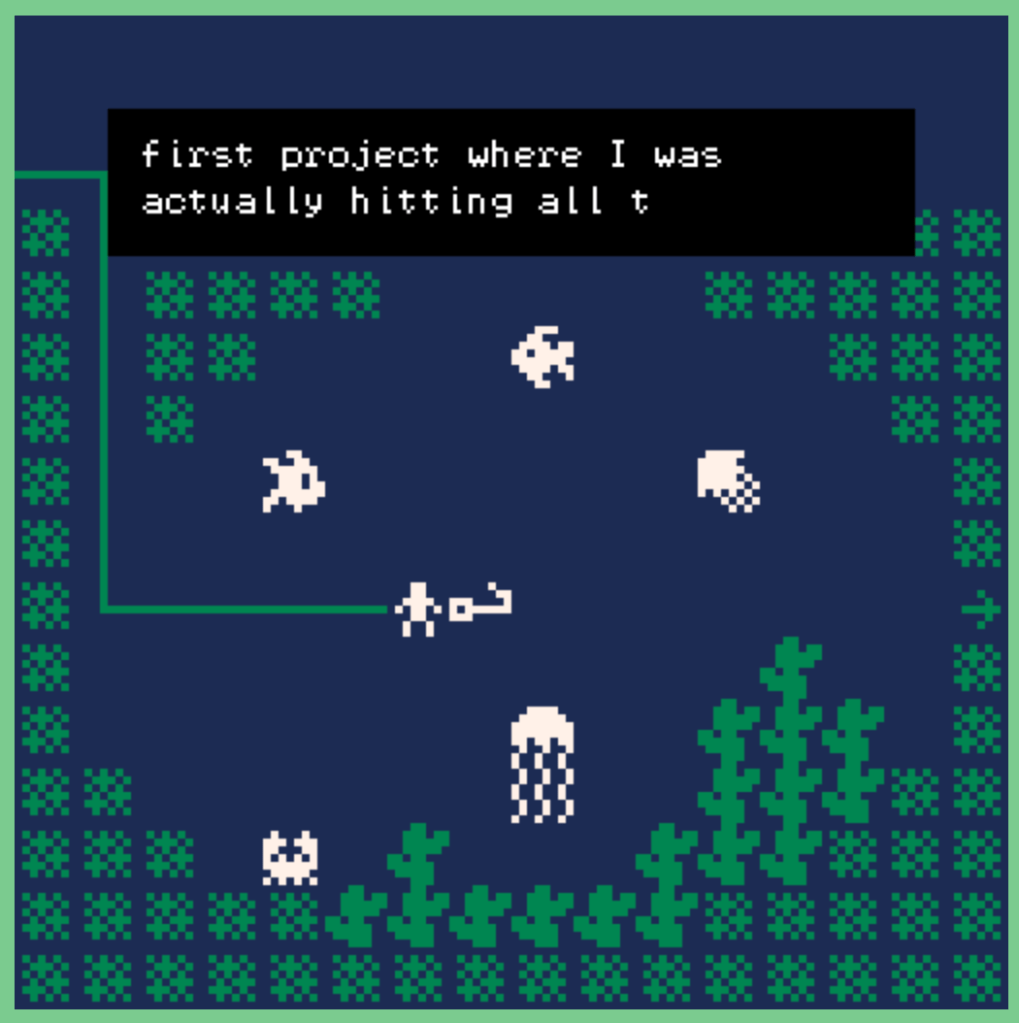Events
Interactive Fiction Club Jam opened August 26 and is running through tomorrow, September 16. It’s open to IF of any genre, as long as it’s safe for work.
September 18 is the next meeting of the Seattle IF group.
September 27 is the next meeting of the Boston/Cambridge PR-IF group; this meeting will be remote, so people are welcome to join from a distance.
IFComp games are due September 28 – though authors should already be registered to participate. It’s also a good time for contributing to the prize pool, if you’re so inclined.
If the Interactive Fiction Club Jam’s deadline is (very reasonably) too soon for you, Interactive Fiction Jam #2 is currently running through the end of September. This jam welcomes several genres of story-focused game; a Halloween theme is recommended but not required. Authors may use a tool of their choice, as long as the resulting game is playable on Windows.
The SF Bay IF Meetup will convene again on October 1. This will be a hybrid event, so you can attend in person if you’re in the area, or online if you aren’t.
Roguelike Celebration is coming up October 22-23, and will be running online: this is often a great place for talks about procedurally generated content. Not all of it is necessarily narrative-heavy, but typically at least some is interesting to interactive story folks.
Talks and Articles
Cardboard Computer’s Patreon is offering a series of workshops, with past episodes visible to watch on YouTube. The first workshops in the series dig into questions of what it means to write or program, approaches to existing tools, and processes in developing new design systems.
Meanwhile, Jacob Garbe offers an article, condensed from his dissertation (and based on quite a bit of real-world experience), on how to manage scope on dynamic narrative projects. I suspect many readers of this blog will be interested in projects like these:
games driven by deeply reactive character dialogue, system-driven games whose narrative is closely tied to game mechanics, open world games whose narrative deeply responds to player actions / game state, and much more!
…and sympathise with issues like this:
Creating content for dynamic narratives, compared to static ones, comes with some design challenges that often make shipping games with them difficult or infeasible. Many times the task of solving these problems falls on narrative designers and writers. And when they can’t move mountains, things get cut…
Games
Since last roundup, I released an updated version of my 2012 game Bee, and also did a post about the process of revising it for this release.
That process was only possible because of help from Autumn Chen. Autumn has extended the Dendry toolset, an open source tool for writing games like Bee that rely on storylets; and the Dendry source for Bee is available through her Github as well.
Autumn has also written a couple of games of her own with Dendry. Pageant tells the story of a Chinese-American girl who is struggling with the final years of high school, college applications, and her parents’ insistence that she enter a beauty pageant in order to make herself stand out to the MIT admissions board. I found it fascinating to play because it shares some structural features with Bee – and a similar interest in balancing academic success with other goals – but portrays a different family, culture, and texture of life.

Speaking of memoir narratives: fans of freeware puzzle games may enjoy Curious Fishing by Connor Halford, and perhaps also like his detailed dev diaries.
I heard of this game because Connor is a coworker; it really pulled me in when I tried, as a lovely, elegant piece of puzzle design. All of the puzzles are written with specific playability and accessibility constraints in mind.
If you’re only here for narrative games, though, check this Bitsy piece about the making of Curious Fishing. I liked the way it uses space to narrative effect, and the way it blends real world spaces with explorable re-renderings of the gameplay space.
